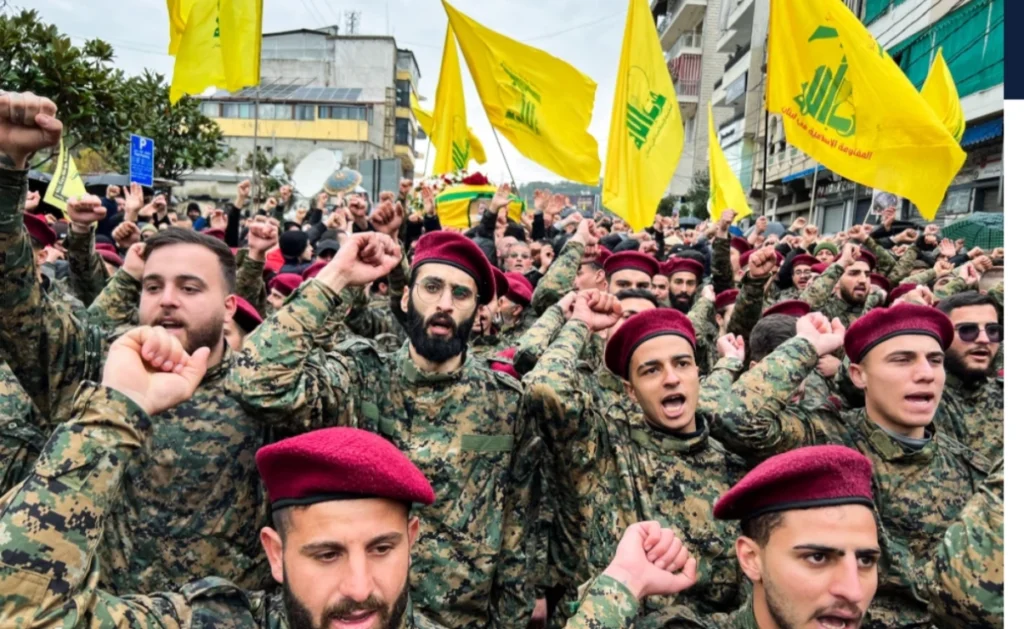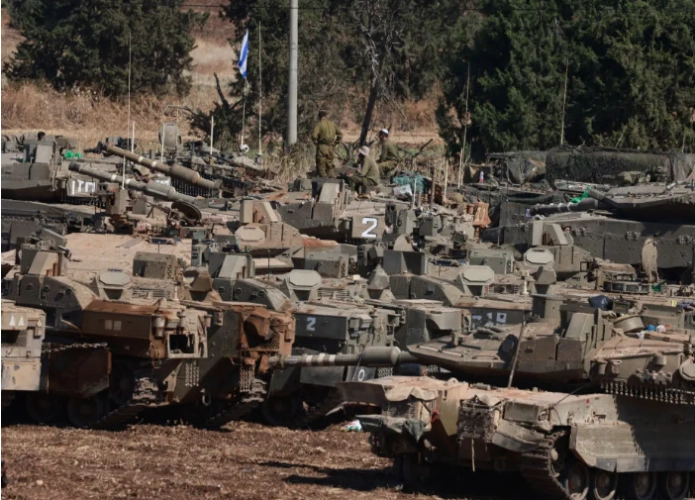Table of Contents
Iran: Navigating a C0mplex Landscape Amidst Regional Tensions
Explore how recent events involving Hezbollah impact Iran’s geopolitical strategy and nuclear ambitions amidst rising tensions in the Middle East.
Introduction
The geopolitical landscape surrounding Iran has become increasingly complex in recent weeks, particularly following significant developments involving Hezbollah and the broader implications for the Middle East. As tensions rise, analysts are closely monitoring Iran’s response and its potential strategies moving forward. This article delves into the current situation, exploring recent events and their implications for Iran and its regional influence.


The Decapitation of Hezbollah
Recent military actions by Israel have severely impacted Hezbollah, a key ally of Iran in the region. An article from The Economist highlights that the decapitation of Hezbollah’s leadership could lead Iran to accelerate its nuclear ambitions. As Hezbollah faces unprecedented challenges, Iran may feel compelled to strengthen its position by pursuing a more aggressive nuclear program, potentially racing towards acquiring nuclear weapons.
Implications for Regional Security
The destabilization of Hezbollah raises critical questions about security in the region. With Hezbollah weakened, Iran’s influence may wane in Lebanon, prompting Tehran to seek alternative methods to project power. This shift could lead to increased tensions with Israel and other regional actors, as Iran attempts to maintain its foothold in a rapidly changing landscape.
The Collapse of the Axis of Resistance
In light of these developments, there are growing concerns about the collapse of Iran’s Axis of Resistance—a coalition comprising Hezbollah, Syrian forces, and various militant groups across the region. According to NBC News, Israeli attacks have significantly undermined this coalition, forcing Iran to reassess its strategies.
Strategic Repercussions
Should the Axis of Resistance continue to weaken, Iran may find itself isolated in a hostile environment. This could prompt Tehran to adopt more aggressive postures, including direct confrontations with Israel or increased support for proxy groups in Iraq and Syria. The potential for conflict escalation remains high as regional dynamics shift.
The Israeli Perspective
From Israel’s standpoint, these developments present an opportunity to diminish Iranian influence in the region. As highlighted by Bloomberg, Israel’s military operations aim not only to neutralize immediate threats but also to disrupt Iran’s long-term strategic objectives. By targeting Hezbollah and its allies, Israel seeks to create a more favorable security environment for itself.

Risks of Escalation
However, Israel’s actions carry significant risks. A further escalation could provoke retaliatory strikes from Iranian-backed groups, leading to widespread conflict across the region. The delicate balance of power is at stake, and both sides must navigate these tensions carefully.


The Future of Iran’s Nuclear Program
As Iran contemplates its next steps amidst these challenges, its nuclear program remains a focal point of international concern. The potential for Iran to accelerate its nuclear ambitions poses grave risks not only for regional stability but also for global security.
International Reactions
The international community is closely monitoring Iran’s actions. Any significant moves towards nuclear advancement could prompt renewed sanctions or military responses from Western nations. Diplomatic efforts aimed at curbing Iran’s nuclear program will likely intensify as tensions escalate.
Conclusion
Iran stands at a crossroads as it grapples with the fallout from recent events involving Hezbollah and the shifting dynamics within the Axis of Resistance. The potential for increased nuclear ambitions raises alarms about regional security and global stability. As the situation unfolds, the world watches closely, anticipating how Iran will navigate these challenges while maintaining its influence in an increasingly volatile Middle East.
